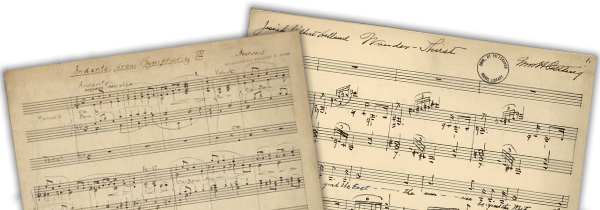WARNING: This is a blackface minstrel song, a genre that features demeaning caricatures rooted in racism and white supremacy.
“Oh! Boys, Carry Me ’Long” was entered for copyright on June 24, 1851, and entered for copyright deposit on June 25th, 1851, by Firth, Pond & Co. of New York.
The song was arranged for guitar accompaniment and submitted for copyright deposit on February 4, 1853.
Two holograph manuscripts of the song are held at the Huntington Library in San Marino, California.
